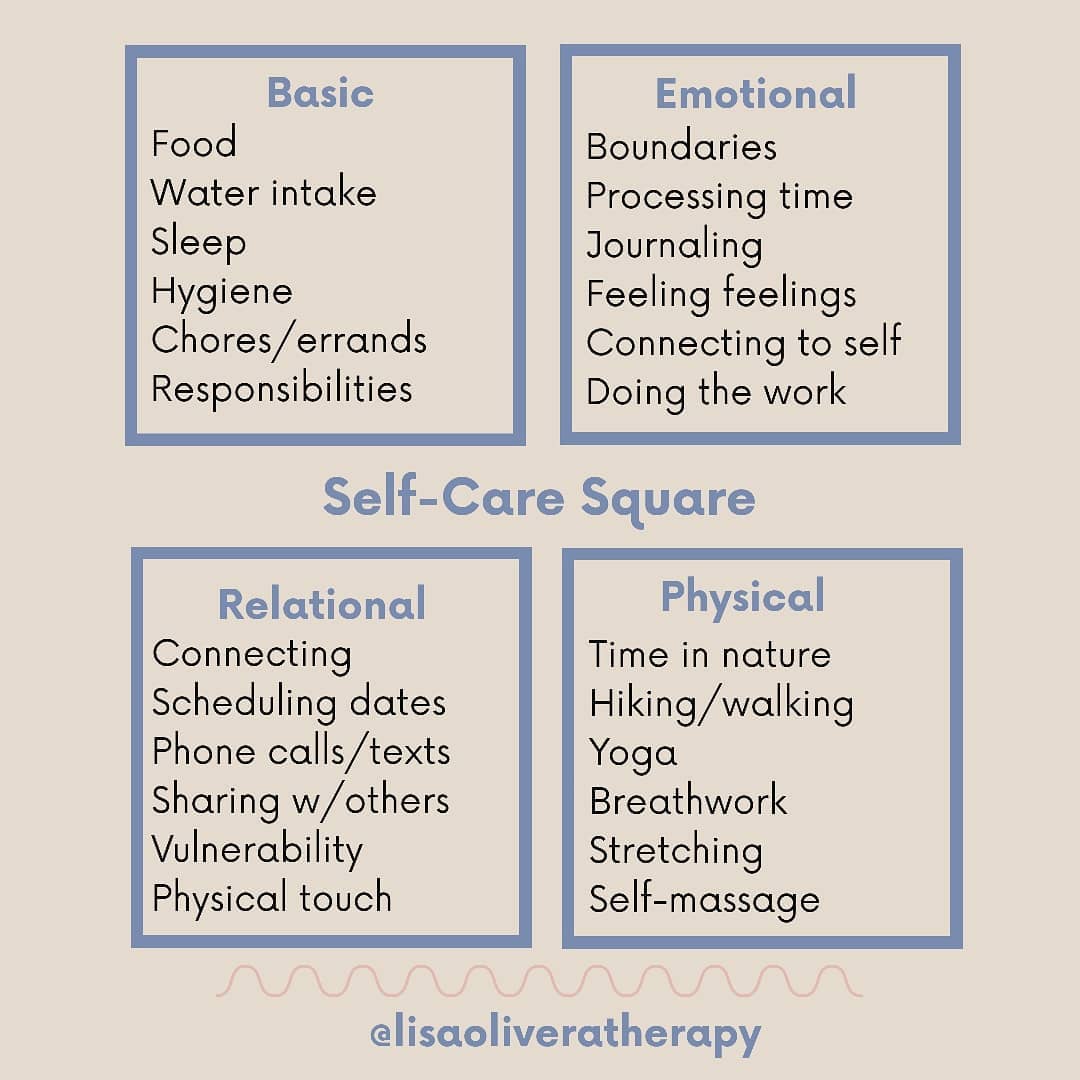It can be easy to dismiss the importance of caring for ourselves amid pressing threats to people and planet, but prioritising self-care is actually an investment in your activism.

A atriz Alice Braga visita a Terra Indígena Sawré Muybu, para apoiar a luta dos Munduruku contra a construção de uma hidrelétrica na região. O povo Munduruku habita a Terra Indígena Sawré Muybu, no coração da Amazônia, há gerações. Mas seu modo de vida está ameaçado pelos planos do governo brasileiro de construir um complexo de barragens na bacia do Rio Tapajós. Os Munduruku exigem a demarcação desse território.|
We’re not going to sugar-coat it: this is a tough moment to be an environmental activist in Australia. Each of us have invested precious time and emotional energy, courageously persevering through grim existential warnings and infuriating headlines, only to have what we thought we’d already won snatched away. It’s been brutal, and if you’re feeling a little heartbroken right now, know that it’s justified.
Here’s the thing: our deep care for the world is a vulnerable act. While wholeheartedly living out our values is undoubtedly worthwhile, it can also leave us emotionally exposed when things go wrong. Coupled with the physical exhaustion of working long hours, it’s easy to see how activists can end up burnt out.
Why care is important:
The first step to self-care is to truly acknowledge its value. So know this:
- Self-care and collective care are vital to winning change. In order to have the sustained power we need to win the change we want, we need strong, resilient movements. Rest and recovery are vital to maintain energy and momentum.
- A culture of care is modelling the world we want to see. Marginalised groups are disproportionately impacted by the potential harms of activism work. When we proactively care for ourselves and each other, we’re creating a new culture that actually helps create the inclusive, compassionate world we’re working toward.
- Your wellbeing is important. Your quality of life matters. It just does.

Via Emm Roy
Burn-out warning signs:
Everyone’s different, but people who are burnt out may have some or all of these symptoms:
- Physical and/or emotional exhaustion: insomnia, anxiety, depression, forgetfulness, irritability, pain/sickness, fatigue.
- Cynicism and Detachment: loss of enjoyment, pessimism, isolation, numbness, detachment/disconnection, feelings of apathy and hopelessness.
Burnout is different from just having a bad day. You can distinguish burnout when a.) it’s persistent over time, b.) you experience it in more than more situation, or c.) if it’s a change from how you used to feel in similar situations.
Your care toolbox:
There are lots of self-care tips out there. Remember that what works for someone else may not work for you, and vice-versa. Try to identify what your need is and then tend to that need. Here are some ideas to trial:
Lastly, know that it’s ok not to be ok. Activism can be emotionally and physically exhausting, and finding it difficult is an entirely legitimate, understandable response. Sometimes just being ok with not feeling great and giving yourself permission to feel bad can take the edge off a painful feeling.
Seeking help:
If you feel like you may be experiencing burnout, a mental health issue, or are just in need of support, be sure to seek help from a professional such as a General Practitioner or Psychologist. If you or another person is in crisis right now, call Lifeline on 13 11 14, Beyond Blue on 1300 22 46 36, or emergency services on 000 any time of the day or night for immediate support.
[optin-monster-shortcode id=”mxeumvabyaahsrrlikht”]


